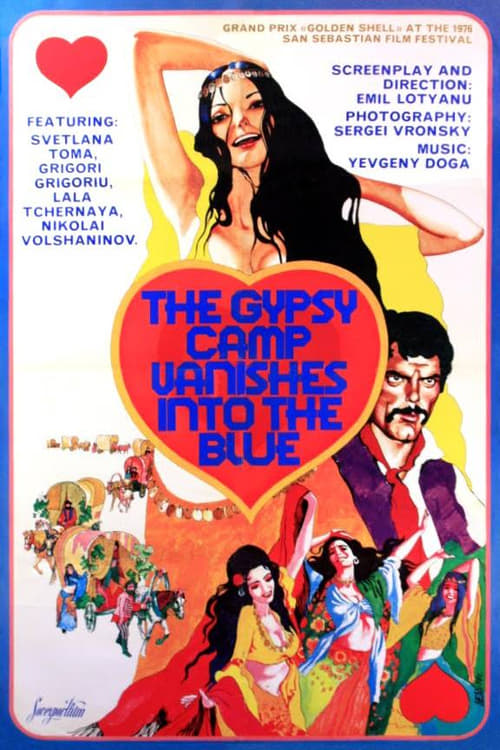
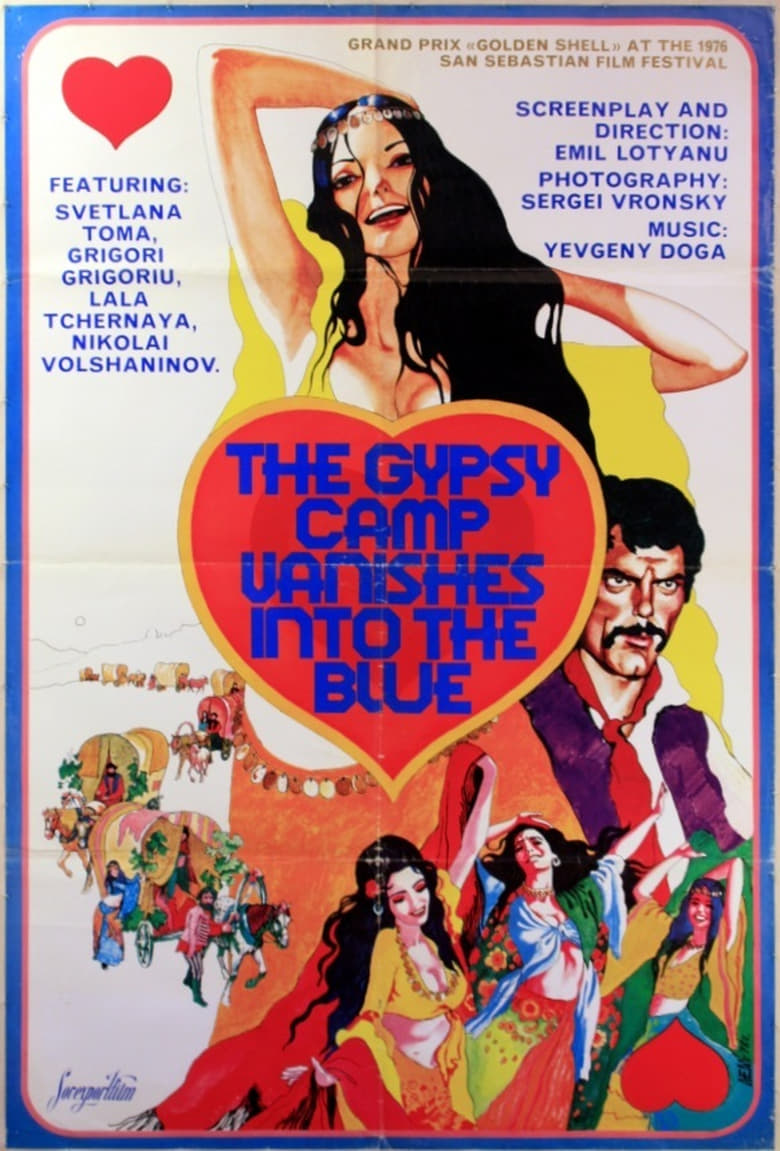
The Gypsy Camp Vanishes Into the Blue
Visit website6.4/10 • 28
1976-04-05 • 1h 41m
This colourful, music-filled and sensual melodrama based on early stories by Maxim Gorky tells the fatal love story between the beautiful and rebellious girl Rada and the handsome horse thief Zobar. The story is set in early 20th century Bessarabia, now part of Moldova, then belonging to the Austro-Hungarian Empire.
- Directors
- Emil Loteanu
- Writters
- Emil Loteanu

The Gypsy Camp Vanishes Into the Blue
Visit website1976-04-05 • 1h 41m
6.4/10 • 28
This colourful, music-filled and sensual melodrama based on early stories by Maxim Gorky tells the fatal love story between the beautiful and rebellious girl Rada and the handsome horse thief Zobar. The story is set in early 20th century Bessarabia, now part of Moldova, then belonging to the Austro-Hungarian Empire.
- Directors
- Emil Loteanu
- Writters
- Emil Loteanu
Top Billed Cast
View Credits
Grigore Grigoriu
Loiko Zobar

Svetlana Toma
Rada
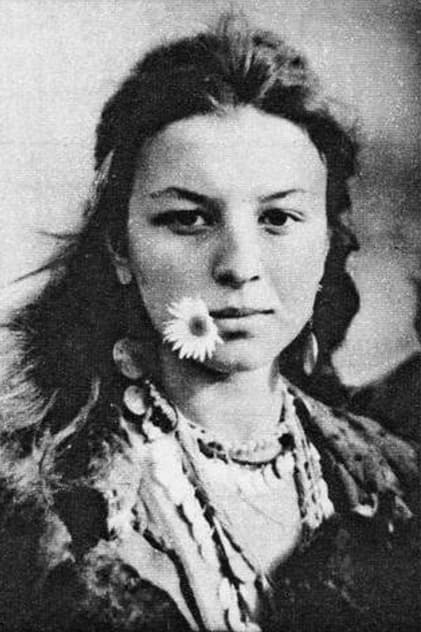
Nelli Volshaninova
Rusalina, Zobar's sister

Boryslav Brondukov
Bucha

Sergiu Finiti
Bubulia

Ion Sandri Scurea
Antol Siladi
Pavel Andreichenko
Talimon
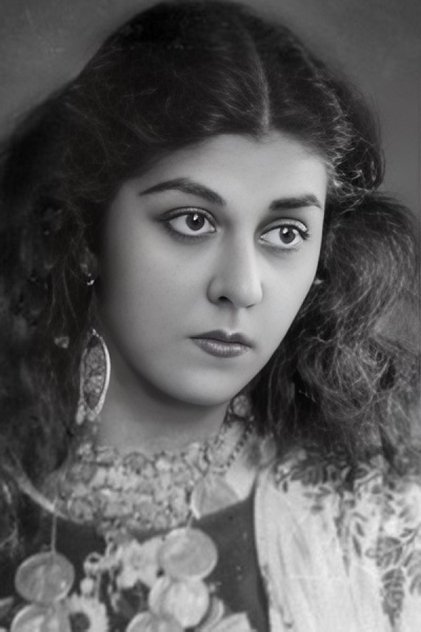
Lyalya Chyornaya
Old Gipsy Woman

Vsevolod Gavrilov
Danilo
Reviews0
We don't have any reviews for The Gypsy Camp Vanishes Into the Blue.
Media
Recommendations

Going Our Way
5.4
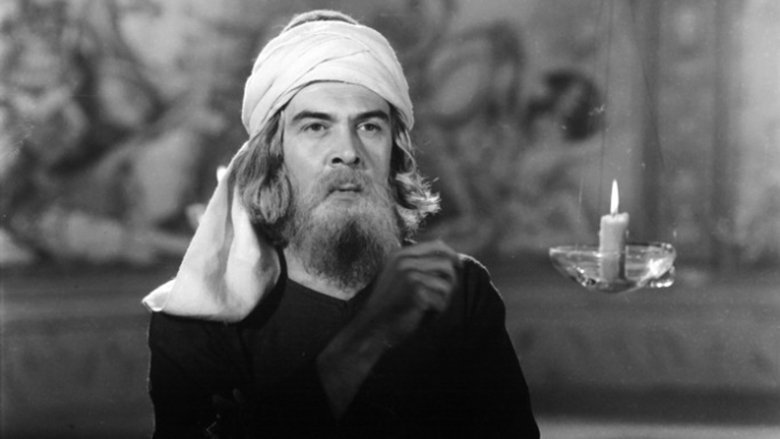
Nizami
7.2

Warriors of Future
7.1

Demon Slayer: Kimetsu no Yaiba Mt. Natagumo Arc
7.8

Demon Slayer: Kimetsu no Yaiba -To the Swordsmith Village-
7.3
No Backdrop
Return
6.5
No Backdrop
Return
6.6

Miles and Lies
7.1
No Backdrop
Return
7.0
No Backdrop
We
6.3
No Backdrop
Death Angel - Sonic German Beatdown - Live in Germany
6.2
No Backdrop
Return
6.0

Batman
6.4

The Forbidden Legend: Sex & Chopsticks 2
6.3

Hunter × Hunter Pilot
8.6

Superintelligence
6.0

The Masked Saint
5.6

Promiscuity, the Street Kids of Katia
4.5

Gangs of Lagos
6.2
No Backdrop
Object: Alimony
6.0
- Status
- Released
- Original Language
- Russian
- Budget
- --
- Revenue
- --
- Keywords
- dancehorseeastern europemusicalbeautiful womanthiefsinginggipsyaustria-hungarymysterious womanwhite horsehorse thiefoutdoormystical19th centurynomadlibertytraditional dancer1900straditional culturesongromani peoplegipsy culturewomen

